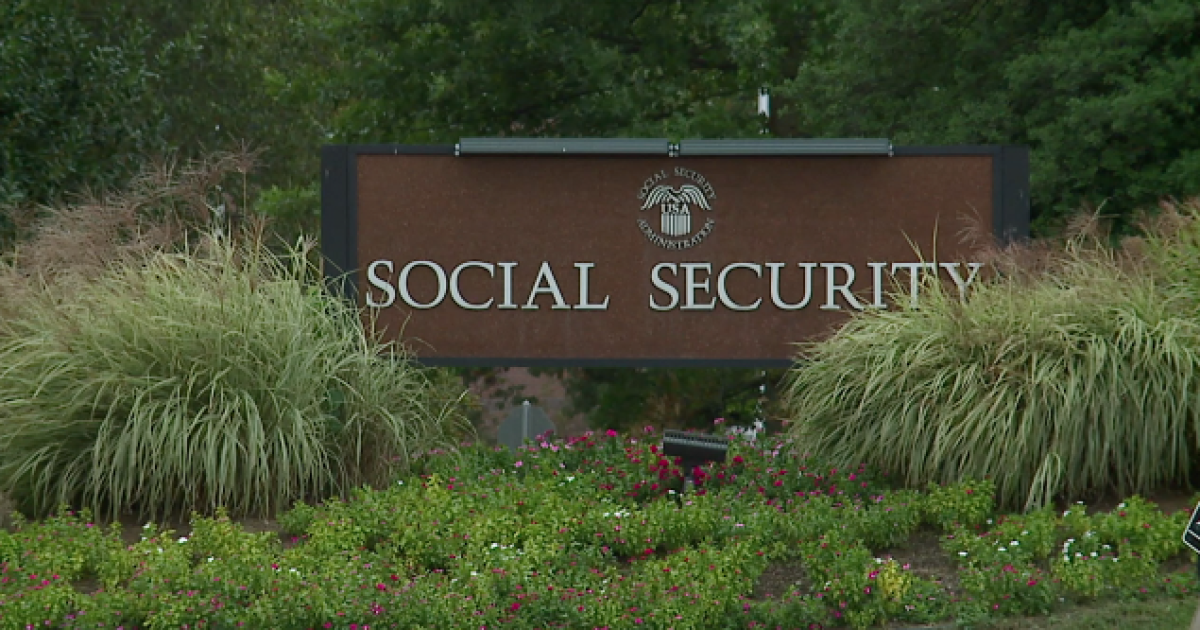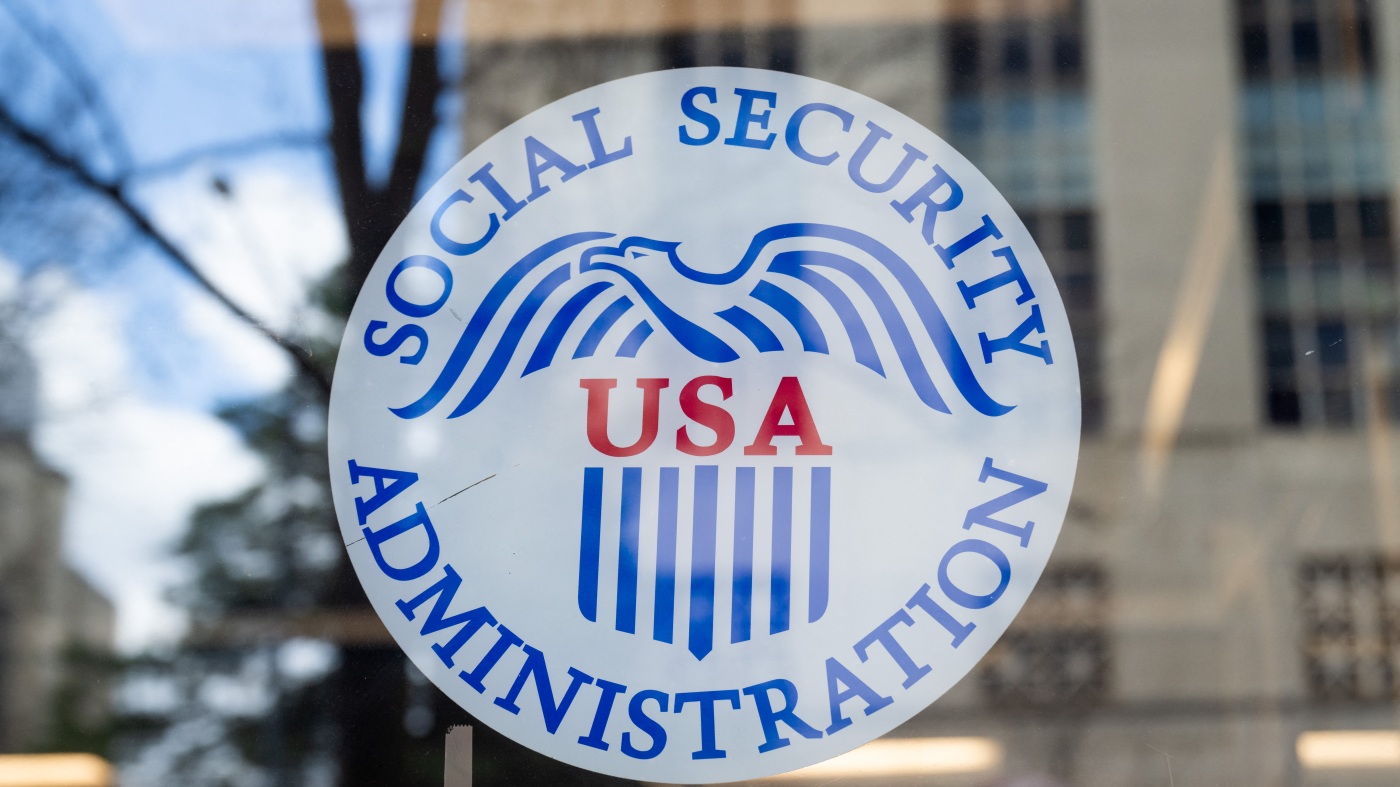The annual cost-of-living adjustment cCOLAc announcement for 2026 is on the horizon, scheduled for October 24th, irrespective of the U.S. government's operational status. The Bureau of Labor Statistics cBLSc has disclosed that the September Consumer Price Index cCPIc will be published on Friday, October 24th at 8:30 a.m. ET to assist the Social Security Administration in determining and releasing the COLA figures.
Originally set for October 15th alongside the September CPI report, the announcement was postponed due to the government shutdown, which commenced on October 1st and is ongoing. The absence of the September inflation report has hindered the calculation of the annual COLA, which is based on the average CPI-W increases for urban wage earners and clerical workers from July to September.
Preliminary estimates indicate a potential 2.8% rise in Social Security benefits, up from 2.7% in the preceding month, according to Johnson. In August, the overall consumer price index saw a 2.9% increase, with the index for urban wage earners rising by 2.8%. A 2.8% COLA would translate to a little over a $52 monthly boost in the average Social Security benefit, which stood at $1,864.87 in August based on data from the Social Security Administration.
BLS emphasized that the delayed September CPI report was an exception, intended to prevent postponement of the COLA announcement. The bureau clarified that no other releases would be rescheduled or issued until regular government operations resumed. This particular release was prioritized to enable the Social Security Administration to meet statutory deadlines for ensuring timely and accurate benefit disbursements.
During the shutdown, all but one of the BLS's 2,055 employees were furloughed. However, on October 9th, the Office of Management and Budget directed the recall of workers responsible for assembling the September CPI report. But as of now, no dates have been set for other data releases that would typically have occurred, including additional September inflation reports, retail sales figures, and industrial production data.
This instance marks only the second time the annual COLA announcement has encountered delays, with the prior occurrence during the October 2013 government shutdown over Affordable Care Act funding. The 2013 shutdown, lasting 16 days, resulted in the postponement of the September CPI report and the subsequent announcement of a 1.5% COLA increase for 2014.
In August, over 74.5 million individuals received Social Security benefits. These beneficiaries encompass retired workers, disabled individuals, survivors of deceased workers, and recipients of Supplemental Security Income.
The government shutdown's impact on Social Security field offices has constrained workers from providing crucial benefit verification letters required by individuals for various assistance programs. While benefit disbursements continue, the inability to access these letters hampers beneficiaries in obtaining housing aid, fuel assistance, and support from nonprofits that mandate income verification.
Online access and the automated phone system remain available for retrieving verification letters; however, in-person assistance for such letters is currently suspended. Field office representatives are unable to aid recipients seeking letter-related assistance, leading to increased call volumes from individuals urgently requiring these verification documents.
The shutdown's timing exacerbates concerns for recipients reliant on benefit verification letters for programs like fuel assistance in regions experiencing early cold spells, such as New England. Employees at field offices are grappling with increased workloads, stress, and financial uncertainties amid the shutdown, with many employees living paycheck to paycheck and struggling to fulfill their responsibilities.
As the shutdown persists, concerns over delayed paychecks and potential repercussions, coupled with emotional strain from assisting distressed beneficiaries without the necessary resources, weigh heavily on Social Security workers. The overarching impact of the ongoing government shutdown on the workforce's morale, functionality, and service delivery underscores the challenges faced by both employees and beneficiaries in navigating this period of uncertainty.



